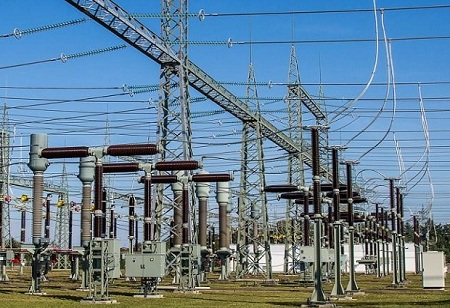The state cabinet approved the development of power sub-stations as part of Phase 2 of the green energy corridor to transport electricity generated by non-conventional energy sources. The project calls for the construction of 20 sub-stations. It is suggested that sub-stations be built in the first phase between 2022–2023 and 2024–2025. The second phase will run from 2023–2024 until 2025–2026. The project uses unconventional
energy sources, such as solar and biogas, to reduce carbon emissions. The projected solar park in the state was also approved for cost reduction by the cabinet.
A 4,000MW distributed solar park had previously been suggested for the Bundelkhand region by the state government. This has since been changed. A 2,600MW comprehensive solar park and a 1,400MW distributed solar park will now be built by the government. The cabinet took note of the fact that the price of the materials needed for the project decreased from Rs 5,011 crore to Rs 4,786 crore. The higher price has therefore been approved.
The plan to repay the debt the state government would get from the German business KFW for the transmission infrastructure connected to the 4,000MW solar project in Bundelkhand was also approved by the cabinet. 47% of the project's overall cost would have been covered by the business. The state government would pay 20% of the project's cost, while the Center had promised to provide 33% of it.
